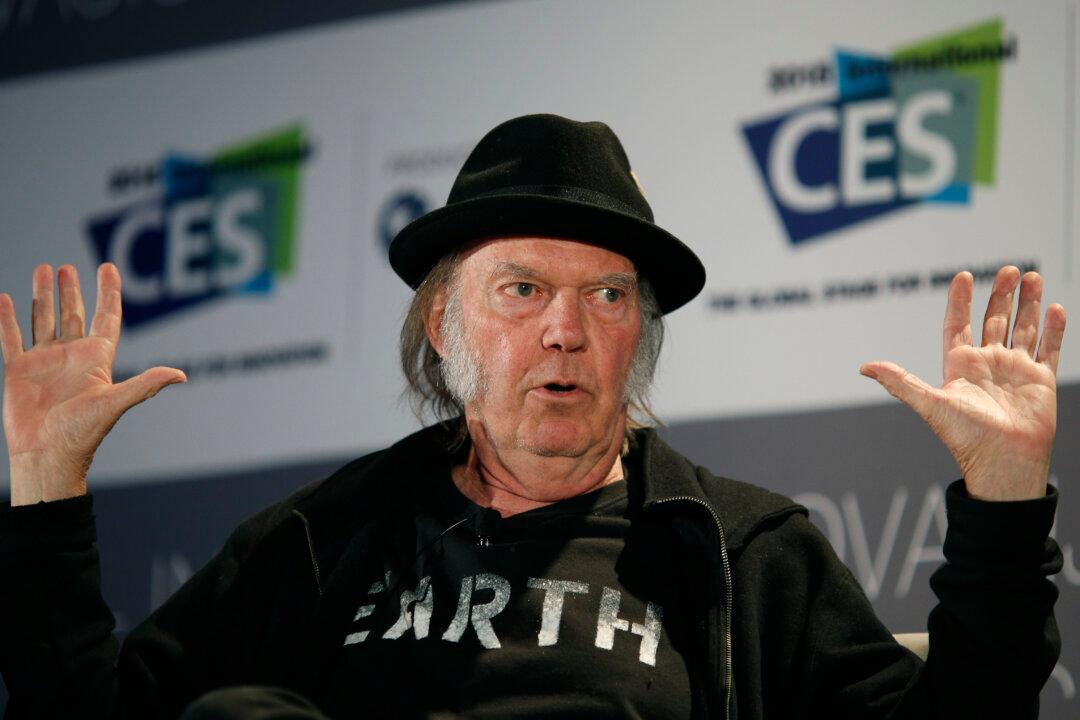Spotify has removed Neil Young’s music after the singer said he was concerned that podcaster Joe Rogan is spreading fake information about COVID-19 vaccines on the streaming service.
“I want you to let Spotify know immediately TODAY that I want all my music off their platform,” Young wrote in a letter to his record company, Warner Music Group, and manager earlier this week. “They can have Rogan or Young. Not both.”





